It should be noted that a UK only P-8 crew won the US Navy’s prestigious Anti-Submarine Warfare Fleet Challenge exercise back in 2014.
Speaking at Farnborough International Airshow, Captain Tony Rossi, P-8 Program Manager said:
“Seedcorn was a great victory. UK crews already have about 1,000 hours of P-8 time – they are some of the most capable operators that the US Navy has. They already have about three to five years on the P-8, and so the UK will not be starting from a crawl.”
The Seedcorn initiative exists to sustain the UK’s capability to operate fixed wing Maritime Patrol Aircraft (MPA) and maintain the associated skills of its personnel, should the UK wish to regenerate the capability. The estimated cost of the initiative on average is £2.4 million per year for the next five years; this includes salary and allowances.
UK aircrew are on exchange with a variety of allied forces where they are operating alongside our allies on-board front line maritime patrol aircraft in order to maintain their anti-submarine and anti-surface warfare, long-range search and rescue and ISTAR skills.
Following last week’s NATO summit, Britain has now signed a contract for nine new P-8 maritime patrol aircraft.
This, the government claim, underlines the UK’s determination to deliver on its Strategic Defence and Security Review commitments and providing a clear sign of the UK delivering on its pledge to maintain defence spending at 2% of GDP.
According to the Ministry of Defence in a press release, Boeing will increase overall bid opportunities offered to UK suppliers and work with the UK government to enhance UK suppliers’ competitiveness. The aim of the initiative is to create the opportunity for UK companies to double their supply work with Boeing and to win higher proportions of content on future Boeing aircraft.
Defence Secretary Michael Fallon said:
“Our new MPA aircraft will provide significant protection of the UK’s nuclear deterrent and our £6 billion aircraft carriers.
They are part of our plan for stronger and better defence, backed by a budget that will rise each year of this decade. That means more ships, more aircraft, more troops available at readiness, better equipment for special forces, more being spent on cyber – to deal with the increased threats to our country.”
The P-8, manufactured by Boeing, are being purchased from the US Government via a Foreign Military Sale. The cost of developing and delivering the UK’s MPA capability, including paying for the people, their training, the infrastructure and necessary support at RAF Lossiemouth will be around £3 billion over the next decade. By tapping into the well-established US production line, the UK will get a tested and proven piece of equipment in the right timeline. In addition, the RAF will benefit from collaboration with some of the UK’s key allies, including the US Navy and the Royal Australian Air Force.
The P-8A is based on the Boeing 737, which is already supplied by UK industry, supporting several hundred direct UK jobs. What is more, UK manufacturers also already provide specialist sub-systems for the P-8 itself. Companies include Marshall for the auxiliary fuel tanks, Martin Baker for the crew seats and General Electric for weapon pylons. The new order of P-8As is also set to create opportunities for the UK to bid for training and support contracts.
Boeing has also signed the Aerospace Growth Partnership Supply Chain Competitiveness charter and will make the UK its European base for training, maintenance, repair and overhaul across its defence fixed-wing and rotary platforms.
Additionally, Boeing and the government intend to work together to build a new £100m P-8 Maritime Patrol Aircraft operational support and training base at RAF Lossiemouth in Scotland, creating more than 100 new jobs.
The Prime Minister said:
“Whatever uncertainties our country faces, I want the message to go out loud and clear: the UK will continue to lead the world in both civil and defence aerospace. We aren’t just open for investment: we are a place the global aerospace industry wants to do business – as Boeing’s long-term partnership with the UK proves.
It’s also important to put government investment where it counts. That’s why we are jointly funding the new R&D fund with the aerospace industry and why I’m pleased we have today signed the contract for 9 new P8 Maritime Patrol Aircraft for the Royal Air Force, underlining the UK’s commitment to spending on vital defence.”
Boeing has made clear that it will continue to grow its commercial aviation services business in the UK and will make the UK a base for defence exports to Europe and the Middle East, increasing UK employment, investment and tax revenue.


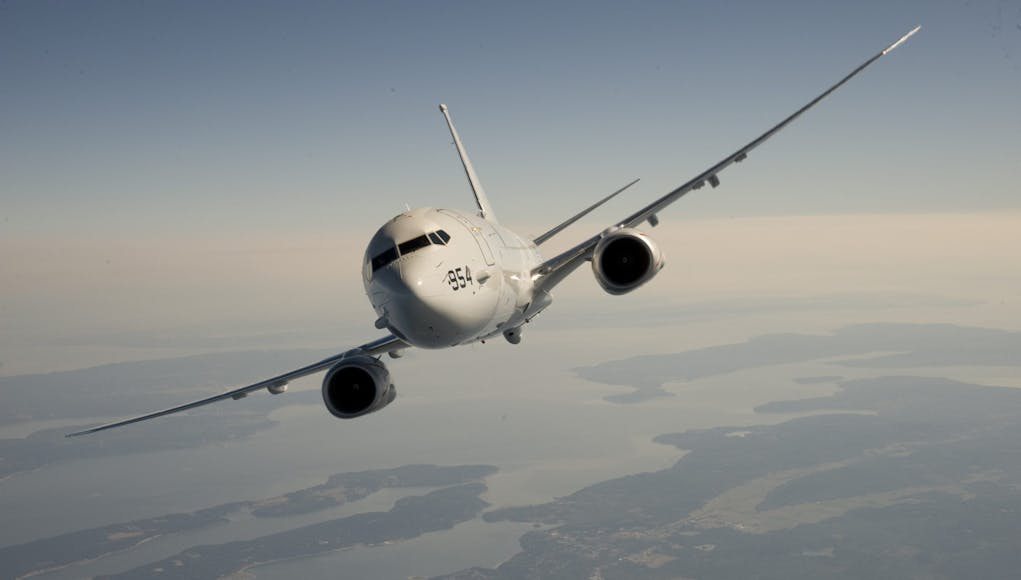
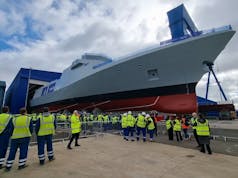

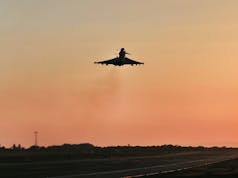



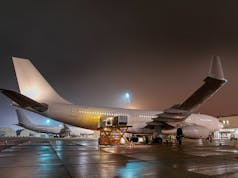


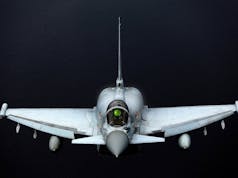

Joe Arands
??
Brace yourself – “Should-Have-Kept-Nimrod” is coming……
Good for you guys! I saw the p8 twice in person before
Still want to know if it will carry UK manufactured sonobuoys…
Outstanding!
Royal Navy has sunk more sub’s than any other navy, very glad that you are friends with the U.S.
The U.K. Had air crew flying on the kiwi MPA for a while too
That’s nuffin!